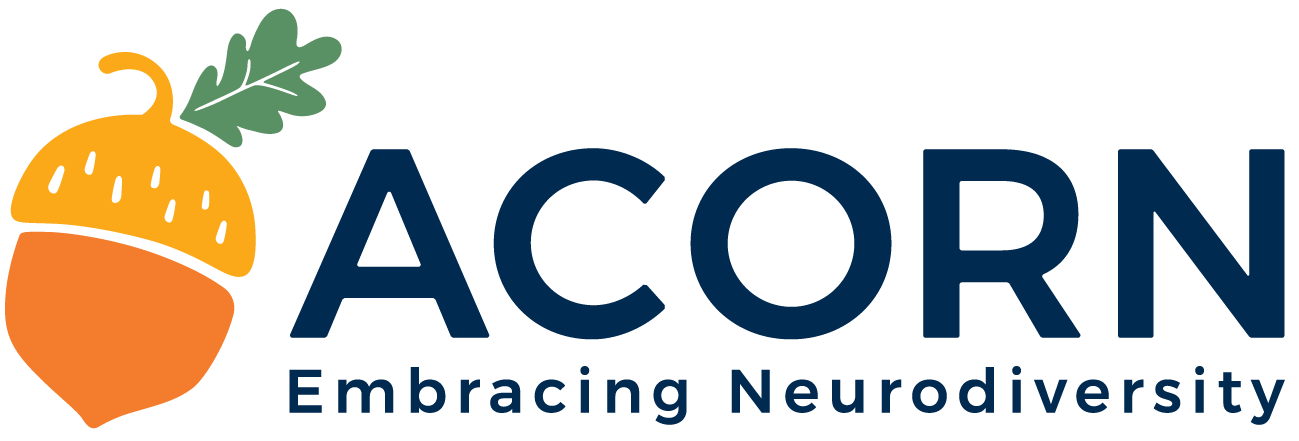
Pronouns &
Pronunciation

Pronouns + Pronunciation = Inclusion
An important part of our work at Acorn is making sure that tamariki, rangatahi, families, staff, community partners and others feel welcome and respected for who they are. Sharing pronouns and pronunciations can help people feel welcome in three ways:
Demonstrating Respect
Whether they were chosen for us or by us, names are an important part of our identities. Having your name mispronounced can feel like you’re not valued or that you don’t belong. If you’re even in doubt as to how to pronounce someone’s name, ask them!
When we share the pronunciations of our own names, we signal that others are welcome to share theirs – and that we’re committed to putting the effort in to learn them.
Avoiding Assumptions
We sometimes make assumptions about a person’s gender identity based on what we see (clothes, hair, mannerisms, etc.). When we create space to share pronouns, we let others know that we are interested in who they really are – not just what they look like.
Welcoming Diversity
Acorn families come from many different countries and speak many different languages at home. Sharing pronouns and name pronunciations helps people who speak different languages to know who they are connecting with.
For example, many English language speakers may not know how to pronounce the name “Ye eun Koh”. Using “Ye eun Koh, /YAY-oon KOH/ (she/her)” makes the pronunciation and pronouns the person uses clearer.
Thank you to Connecting for Kids for sharing their Pronouns and Pronunciation information.
If you want to learn more about inclusive language you can take a look at the links below.

“Every individual matters. Every individual has a role to play. Every individual makes a difference.”
— Jane Goodall

